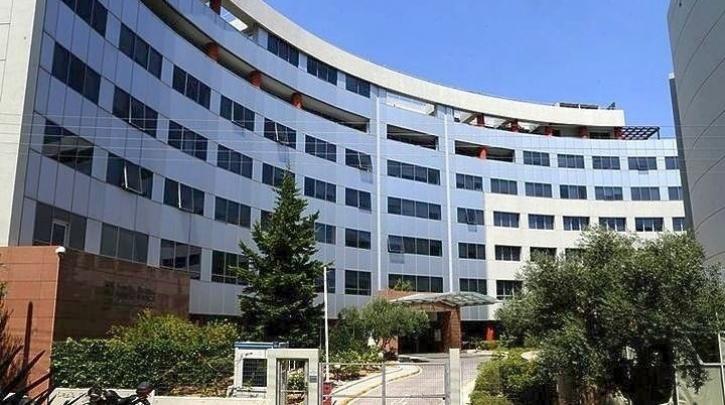Greece’s performance in the area of digital growth is poor according to a number of investigations conducted by international organisations.
Digital “maturity” is limited and 29 percent of the population is “digitally illiterate”.
Only 10 percent of the country’s businesses are properly digitised and 55 percent invests minimally in digital technologies.
The digital backwardness of Greek businesses is reflected in the lack of specialised personnel.
Indisputably the government from the start made the digital transformation of the state a key focus. It has worked diligently to that end and has produced creditable results.
The public health crisis and its unavoidable repercussions spurred a more rapid pace of digital growth.
Digital services that greatly facilitate daily life and which other countries implemented years ago finally came to Greece.
That progress should not be pursued without getting the public on board.
The digitalisation of the public sector will be useless if not accompanied by a broad and coordinated effort to initiate people and make them familiar with the new technologies so that everyone can avail themselves of new tools.
On a daily basis at banks we see long queues of people waiting to complete a transaction that could have been done electronically.
Exploiting the capabilities that new technologies offer us not only reduces inconvenience but also cuts costs substantially.
From that vantage point, the creation of a Citizens’ Digital Academy in order to improve digital skills is a step in the right direction.
In this wondrous world of amazing accomplishments and capabilities no one should be left behind.





